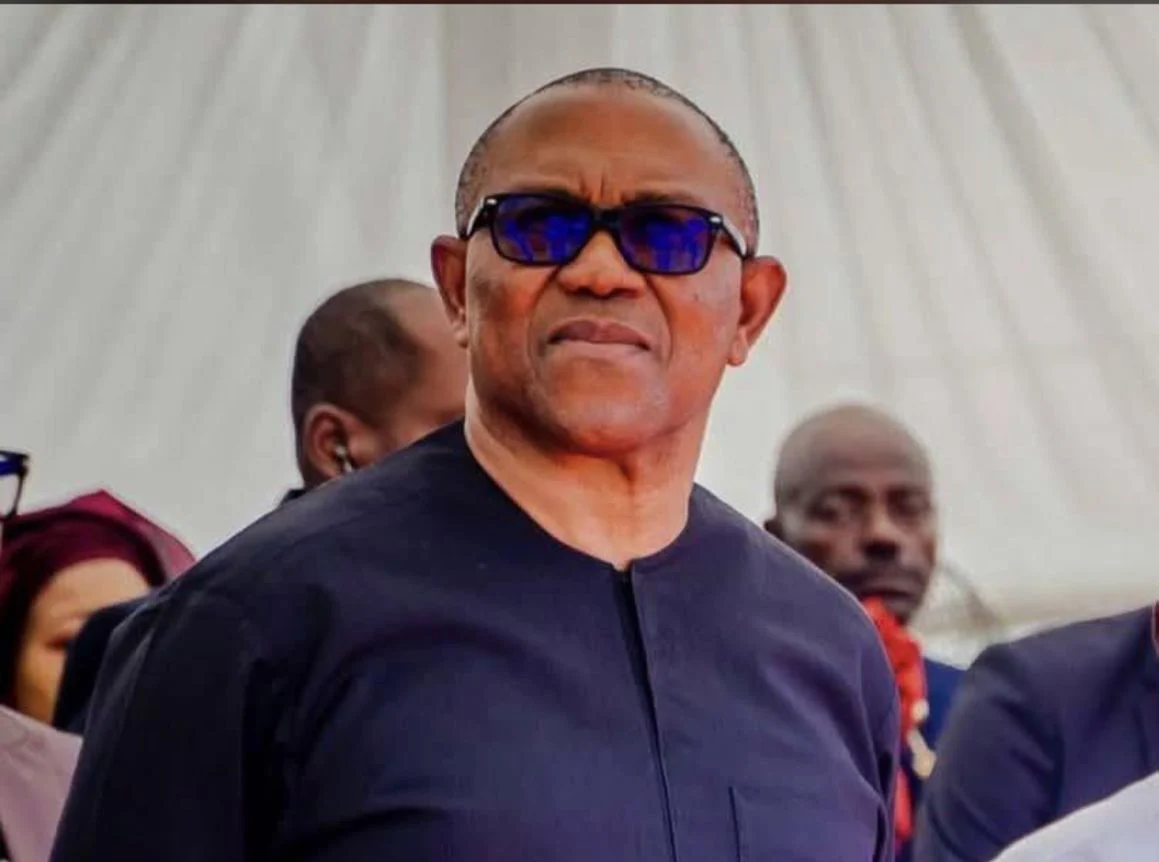
Uranium Australian miner Paladin Energy Limited has suspended further exploration activities of uranium in Malawi following uncertainty hovering around its five exclusive prospecting licences (EPLs).
Paladin has a major uranium-mining project at Kayelekera, in northern Malawi, and the five EPLs cover areas close to Kayelekera Mine (KM in Karonga.
According to Paladin former managing director and chief executive officer John Borshoff said in the company's latest quarterly activities report, Department of Mines has informed the miner that Malawi Government has imposed a moratorium on applications and grants of all mining and exploration activities, adding that it has also introduced a new cadastral system and a new Mines and Minerals Act.
"Paladin anticipates that its five EPL applications are unlikely to be granted before the March quarter 2016,"Borshoff states.
Paladin has since suspended exploration activities in Malawi until there is clarity on the provisions of the new mining code and its EPL applications have been granted.
There have been calls for Malawi government to remove in the deal the suspicious agreements signed between Paladin Resources Limited and the DPP led administration of late President Bingu wa Mutharika.
One of the concerned Malawians who has been forceful on the alleged dishonest deal is Kamuzu Chibambo, President of People's Transformation Party (PETRA).
Chibambo has on several occasions called on government to renegotiate the agreement and also threatened to mobilise Malawians to protest if it does not do so, arguing the deal was not benefiting poor Malawians.
The PETRA president, among others, said under the current agreement government granted exclusive rights to Paladin to borrow against "all ore and mineral-bearing materials, sand, slimes, tailings and residues of whatsoever nature located on and under the tenement.
Kayelekera, whose licence covers an area of 55.5 km2 and was granted for a period of 15 years, renewable for further ten-year period, is Malawi's largest mine and according to the deal, the country collects only $100 million yearly in taxes.
Before its establishment, the mining industry was only contributing less than three percent to the country's GDP but now it has risen to 10 percent.
Malawi launched a Mines and Minerals Policy, which points at inadequate and outdated legal provisions and lack of harmonisation of legislations that affect mining activities.






















